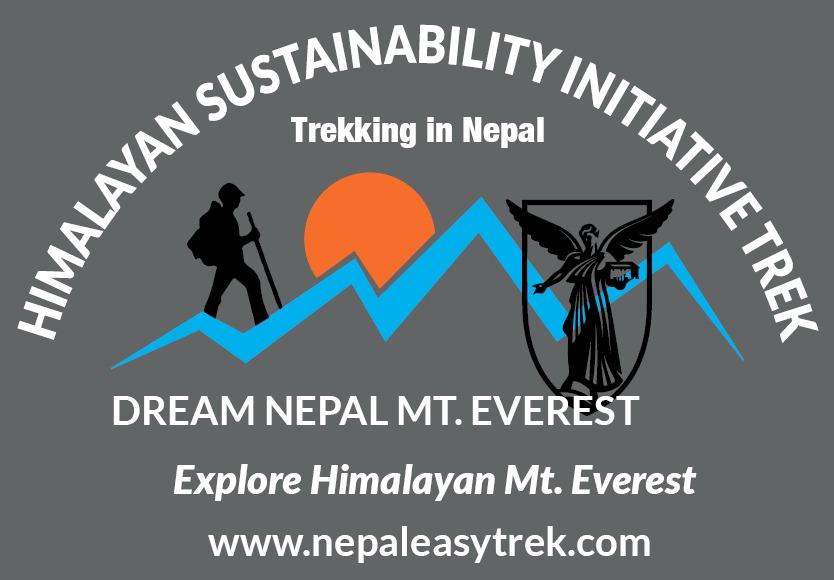Trekking Essential Equipment
Toiletries (toothbrush, toothpaste, soap, toilet rolls, bath/trek towels etc) and more necessary personal items
One thing you definitely don't want to forget is your toiletries! Teahouses are unlikely to supply these things. For your ease and comfort make sure you pack all these before you leave on trek
Sun hat: Sunscreen and a hat will protect you from UV rays at altitude or anywhere else
Camera and Phone: Don’t forget your camera and chargers, batteries and correct plug for Nepal.
Flashlight (extra batteries): Flashlights are essential while trekking. Electricity may be unreliable at some teahouses. You may also need to hike early in the morning or late evening. Better to carry a flashlight with extra batteries.
Backpack ( large and small): E A large back pack is essential for all your trekking needs, clothes, sleeping bag etc. Your porter will carry your large backpack. You may wish to carry a smaller one with daily essentials for the day including water bottle camera, jacket etc.
Two T – shirts and one long sleeve T – shirts
Water bottle and water purifier: Water bottle and Water purifier are the most essential things that you need during trekking. Drinking water will need to be purified to make it drinkable.
Rain Poncho: A light weight poncho is useful for rain showers while on trek. Trekking Poles Trekking poles, one or two depending on the terrain and how much support you might need, are very useful for assistance with walking rhythm and stability on rough terrain. They are essential equipment which you must carry during trekking.
Sun glasses: Wraparound sunglasses offer the broadest protection against UV damage because they block more of the light that hits your eyes from the sides. Sunglasses with large lenses and wide temples provide the next-best protection.
One sunscreen lotion (SPF 50+): SPF measures sunscreen protection from UVB rays, the kind that cause sunburn and contribute to skin cancer. Dermatologists recommend using a SPF50 or SPF50+ sunscreen during trekking trails.
A pair of Gore-Tex glove shells with liner or ski gloves and warm beanie/hat
The warmest GORE-TEX gloves available are made to keep your hands comfortable and supported for longer. The insulation layers are engineered to provide maximum possible warmth and comfort, even when you're out in cold temperatures for extended periods.
One light wind Gore-Tex jacket and one light wind Gore-Tex pant
GORE-TEX product technology brand for the highest quality lightweight, pack able and waterproof jackets. This lightweight jacket and pants are essential during trekking . They make you feel comfortable while you are in journey as well as protect you from air and cold.
One down sweater-jacket: A down jacket or puffer jacket is a quilted, padded jacket filled with down feathers (usually duck or goose down). This material is usually used to insulate an Outer layer which is usually some synthetic fibre such as nylon or polyester. During trekking there may be some rain as well as snowfall, so to be protected from cold and keep your body warm you need a down jacket.
One light wool-fleece sweater, a set of long underwear, 2 trekking pants and 1 track suit pants.
A fleece sweater, or just a fleece, is a lightweight casual sweater made of synthetic polyester wool such as polar fleece. It will provide thermal insulation but is not usually weatherproof, so wind and rain will not be effectively kept out. For trekking during the daytime it is fine. Long underwaer and track pants for night wear and under trek pants if cold during the day.
Several pairs of woollen trekking socks: While trekking you need long some good quality woollen hiking socks which provide warmth as well as comfort. We recommend you to buy some extra pairs of woollen socks for your journey.
A pair of sandals or Crocs or the like: Sandals, sneakers or crocs are used to go to the bathroom and toilet during overnight stays at the tea house.
A pair of light hiking boots: Hiking (walking) boots are footwear designed specifically to protect the feet and ankles during outdoor walking activities including hiking. These are the most important items of your hiking gear, since their consistency and longevity will decide a hiker's ability to walk long distances without injury. Hiking boots are built to provide comfort on rough terrain for walking considerable distance.



